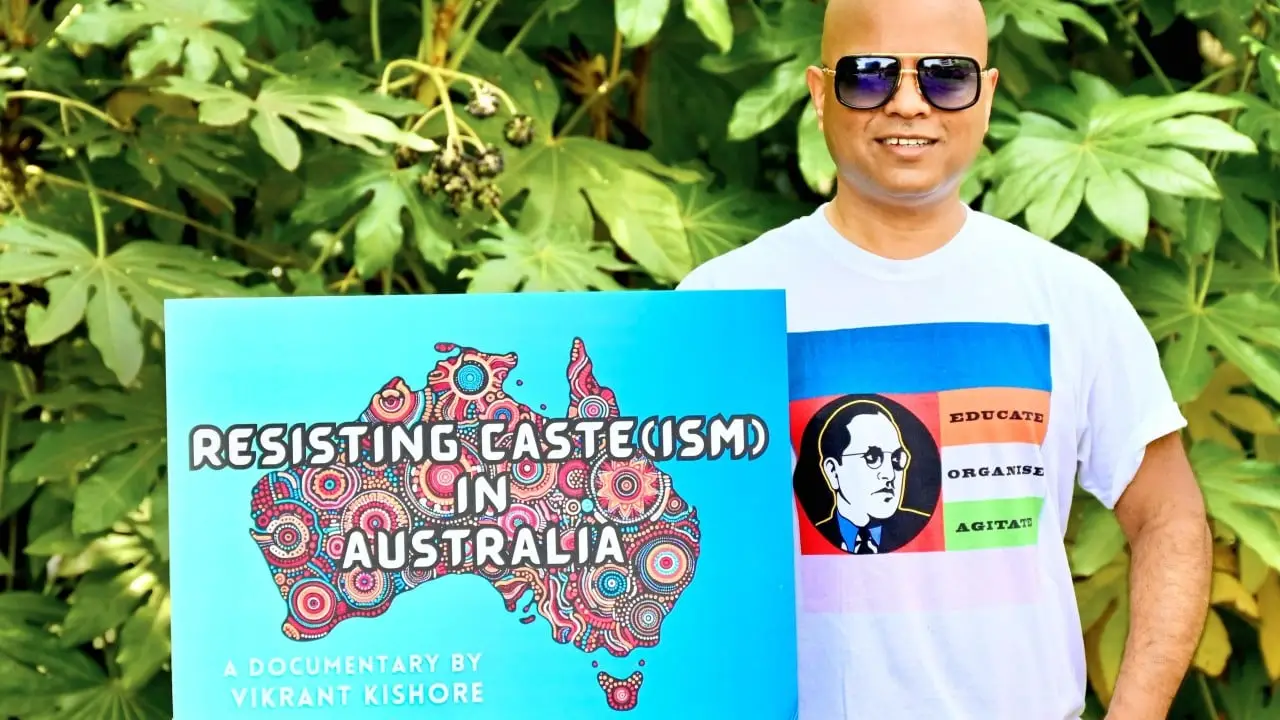When Sydney-based IT professional Devi asked someone from her company for another colleague’s phone number last year, she was told that the colleague was from an upper-caste family, implying she should be mindful of his status before approaching him.
Advertisement
“The response was uncalled for because I was not concerned about other people’s caste,” Devi, who goes by one name and originally hails from India’s Tamil Nadu state, told This Week In Asia. “It was specifically told to me because I belong to a caste-oppressed community.”
Such taunts based on caste – a rigid social stratification system in South Asia that assigns individuals their social standing at birth – now face greater scrutiny in Australia due to new measures aimed at curbing them.
Australia’s Human Rights Commission (AHRC) included caste discrimination in the national anti-racism framework for the first time last month. This enables the government, police, public institutions, businesses and community organisations to introduce measures against faith and caste-based discrimination and avenues for legal protections in areas such as housing, education and culture.
Devi believes including caste discrimination in the anti-racism framework will encourage companies to address the issue in their human resource policies and empower employees facing discrimination to make formal complaints.
Advertisement
“This framework will raise awareness, and those flaunting their caste at workplaces will stop doing it,” said Devi, who also sits on the executive committee of the Canberra-based advocacy organisation Periyar Ambedkar Thoughts Circle of Australia (PATCA), which aims to eradicate caste-based discrimination.

